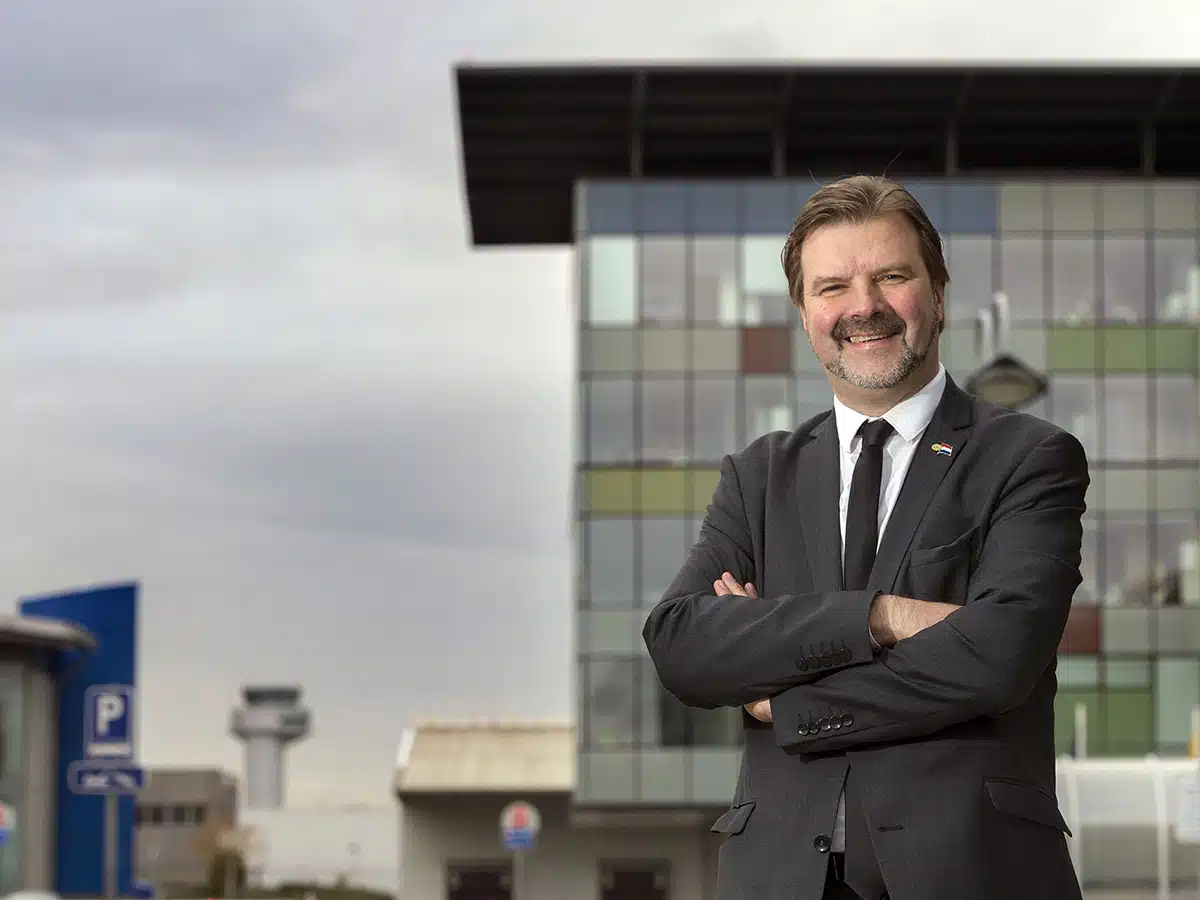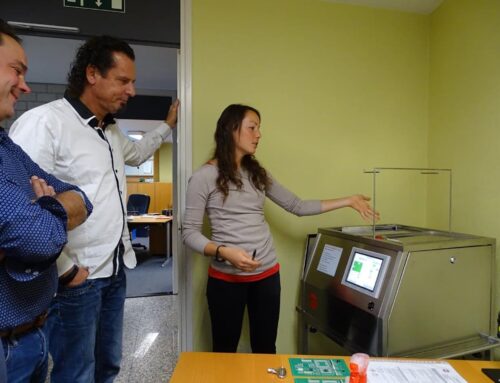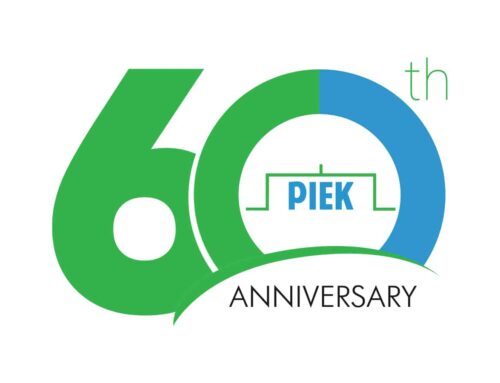PIEK spoke to Bernard Piette, representative board member of Logistics in Wallonia. This organisation is the innovation cluster for three sectors in Wallonia, namely transport, logistics and mobility. Its activities are based on the one vision of being the Walloon go-to partner in the fields of logistics and innovation in the mobility sector on behalf of all parties active in these fields. The mission linked to this is therefore maintaining and reinforcing the attraction of Wallonia in the field of logistics by stimulating all parties concerned to be innovation-minded, to anticipate technological, non-technological and ecological developments, and to activate all necessary means to create value and to make activities possible.
Bernard Piette has been a representative board member of Logistics in Wallonia for over 16 years. ‘Our main task is to make sure to bring together everybody who is involved in innovations, such as companies, universities and research centres / knowledge centres, and by doing so to contribute to economic growth in Wallonia,’ he says. ‘The focus is on six sectors, or six innovation clusters, if you like: agro / food, life science, mechanical engineering, aviation / aerospace, transport and logistics. These sectors receive extra financial backing from the Walloon government, and the administrative organisation is Logistics in Wallonia.’
‘Logistics in Wallonia stimulates projects aiming to foster cooperation between companies, universities and research centres, and to create new economic activities, added value and jobs,’ according to Bernard Piette. ‘Such projects are a means to an end. The research results are shared among the three parties and they can all benefit from this.’
When being asked by PIEK about the technological developments in his field, Bernard gives a very enthusiastic answer: ‘There are three streams in logistics, namely a stream of goods, a stream of information and a stream of money. In the last 15 years logistics has seen an amazing boom in the stream of information. The challenge this has always presented is making sure that the right information gets to the right persons. In this respect blockchain technology has contributed a lot to make the process safer.’
‘Looking at the last three years, we can see that logistics in general has grown tremendously. Covid has caused logistics to really grow in importance, both locally and internationally. It has led to automation in warehousing, to automation in transport modes over land and water, and to a transition to other forms of energy in order to safeguard that the efficiency of logistical operations can be maximised. These technological developments will result in logistics getting a more prominent position in society. Developments in the field of alternative modes of transport, such as drones, will not contribute much in solving transport problems in densely populated areas. However, drones are eminently suitable to deliver goods in places that are hard to reach by traditional modes of transport and in thinly populated areas. Another factor playing a major role in using drones to transport goods is legislation and regulations, and of course drones also have to fit into the logistical concept of an organisation. To be honest, I therefore do not expect drones to be used much in Europe as a means of transport.’
PIEK thanks Bernard Piette for sharing his insights into logistics and future developments in his field and wishes him good luck with all the innovation projects to come.










